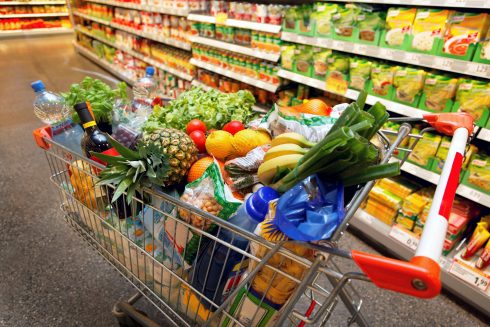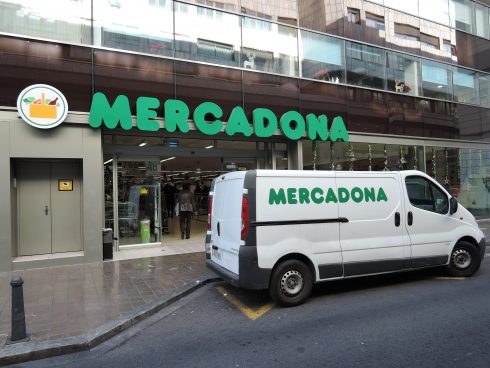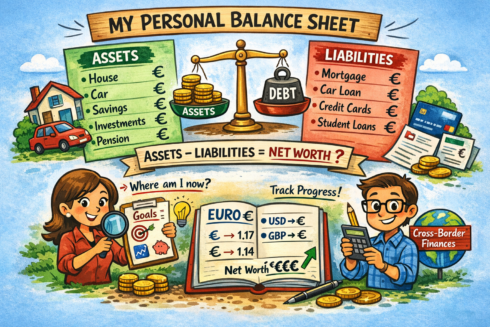SPAIN is now responsible for a fifth of all GDP growth in the eurozone despite making up only a tenth of the bloc’s economy, new analysis shows.
The figures, shared by Oxford Economics and Haver Analytics, underline how growth across the currency area is increasingly concentrated in just two countries: Ireland and Spain.
Ireland, which accounts for just 4% of eurozone GDP, is providing around 40% of all growth in 2025.
Spain contributes 20%, leaving the remaining 86% of the eurozone to generate the other 40%.
Economist Angel Talavera notes that half the bloc is expanding at 0.5% or below, pointing to widespread stagnation beneath the headline growth figure of around 1.4%.
The contrast with Europe’s traditional heavyweights is stark.
Germany, the eurozone’s largest economy, is expected to grow by around 0.2% this year after two years of contraction.
France, representing roughly a fifth of the bloc, is set for 0.7% growth.
Italy, contributing around 15% of eurozone GDP, is forecast to expand by just 0.4%.
Spain, by comparison, remains one of the eurozone’s standout performers.
The European Commission expects GDP growth of close to 3% in 2025, following 3.2% in 2024.
Strong job creation, rising real wages, inward migration and record tourism numbers continue to support domestic demand.
Spain has also been a major beneficiary of the EU’s recovery funds, channelling money into digital infrastructure, transport and renewable energy projects that have boosted investment.
Germany’s slowdown is being driven by weak industrial output and high energy costs, while France faces political gridlock, an unsustainable pension system and low consumer confidence.
Italy continues to struggle with low investment and high public debt.
Even Ireland’s stunning growth is something of a chimera, inflated by US tech giants and pharma channelling global profits and intellectual property into the country’s tax structures, rather than activity in the real domestic economy.
All in all, it leaves Spain as effectively the only genuinely successful large economy in the eurozone right now – and increasingly the engine keeping the bloc’s growth figures afloat.
Click here to read more Business & Finance News from The Olive Press.








